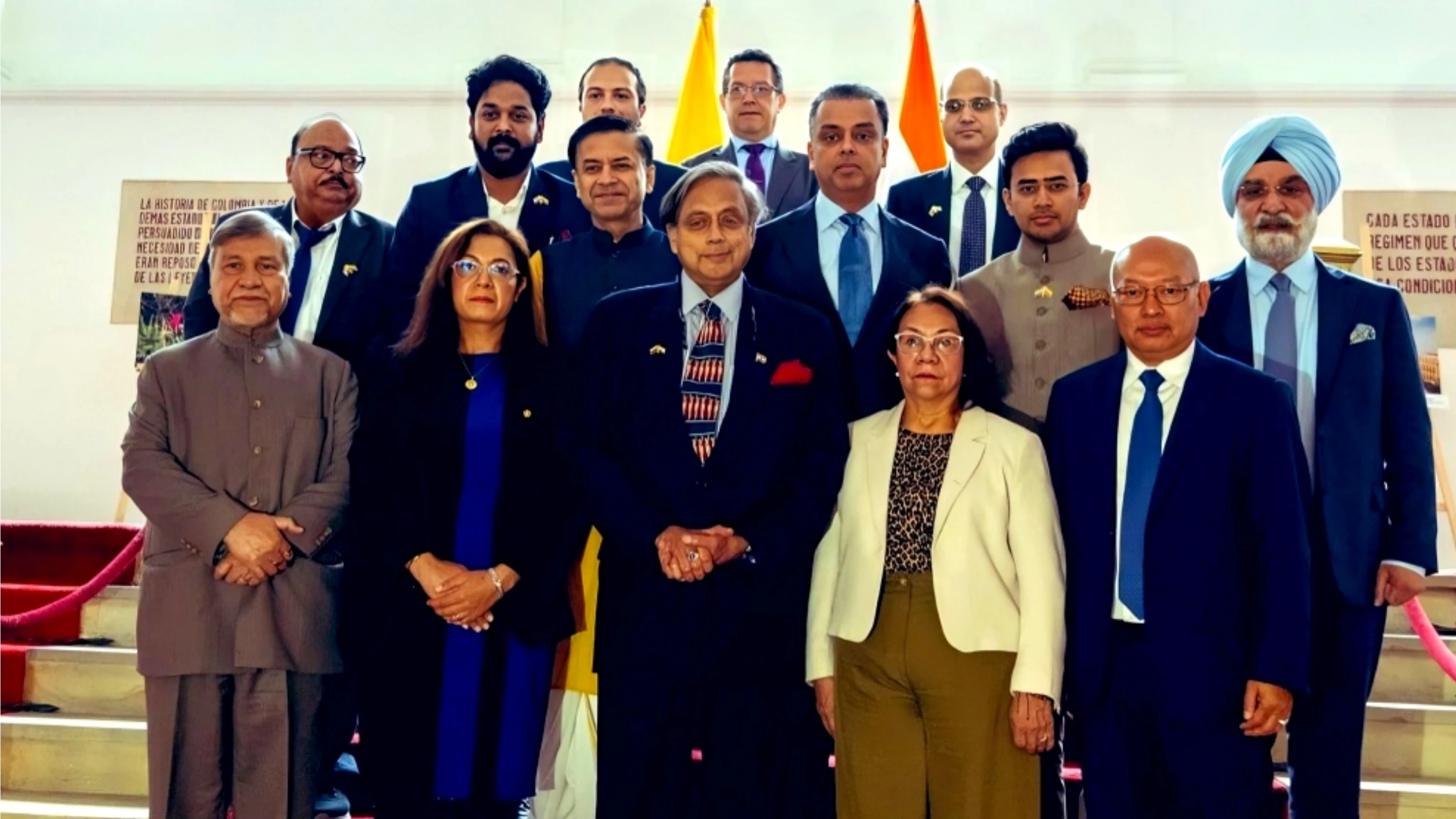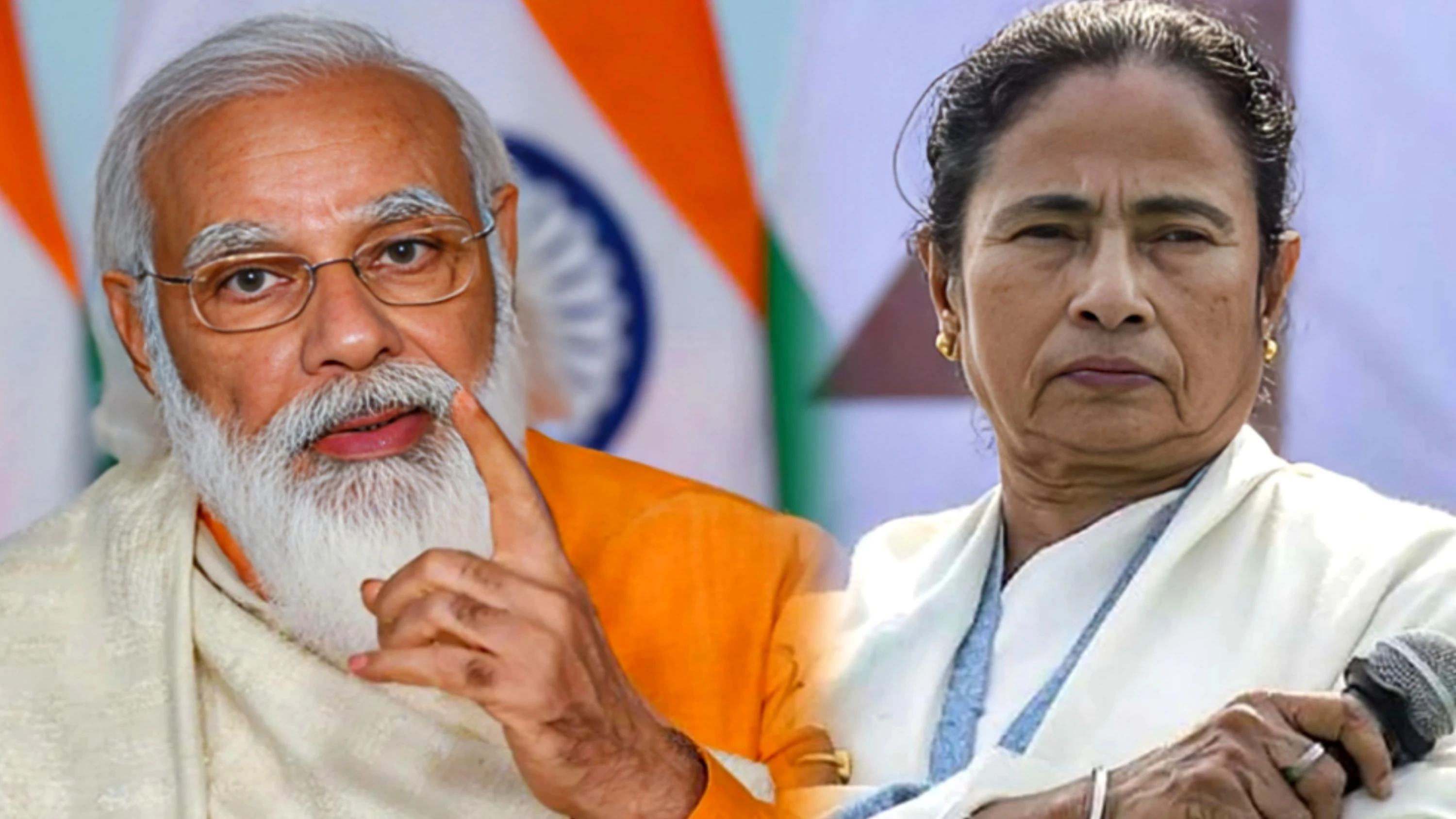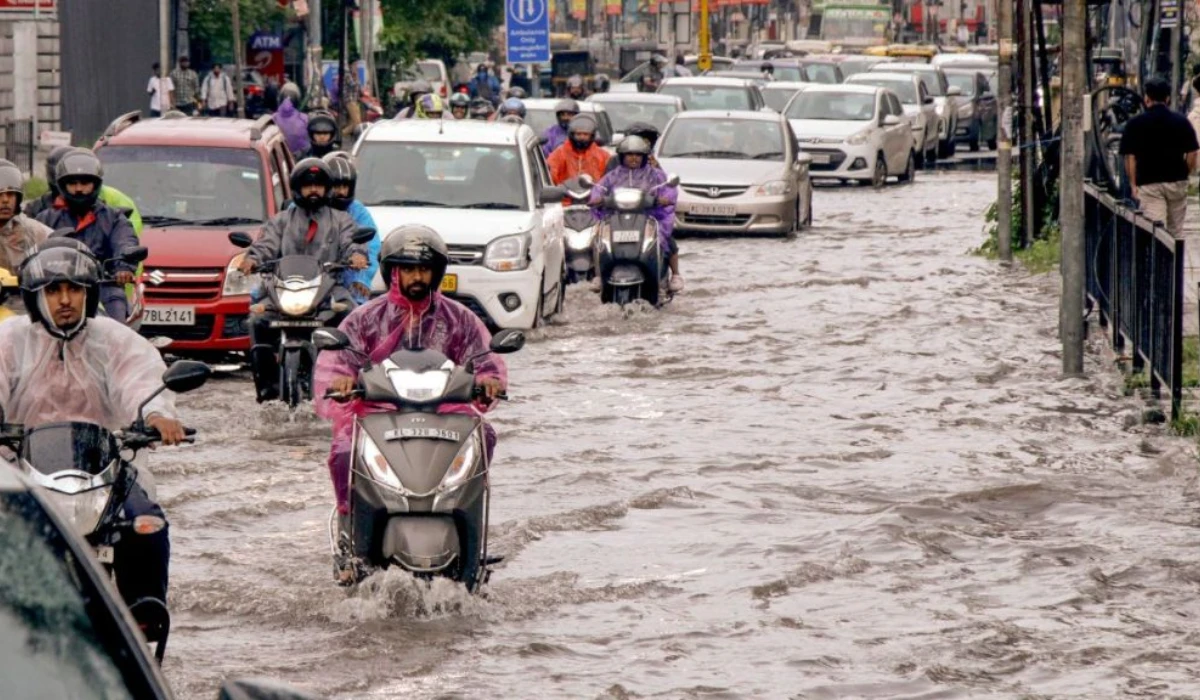India has said it stands united with the United Nations members in condemning incidents of religious intolerance against Muslims, as it underlined the need to recognize that religious discrimination is a broader challenge affecting followers of all faiths.
“India is a land of diversity and pluralism. We are home to followers of virtually every major religion in the world and India has been the birthplace of four world religions namely Hinduism, Buddhism, Jainism and Sikhism. With over 200 million of its citizens practising Islam, India is home to one of the largest Muslim populations in the world,” India's Permanent Representative to the UN Ambassador Parvathaneni Harish said on Friday, reported the Press Trust of India (PTI).
Combating Islamophobia
Addressing the informal meeting of the plenary in the UN General Assembly to commemorate the International Day to Combat Islamophobia, Harish said that fostering a world free from religious discrimination, hatred and violence has been a way of life for India since time immemorial.
Harish began his statement on Friday by conveying greetings on the holy month of Ramadan as well as Holi wishes as the festival of colors was celebrated across India and around the world.
“We stand united with the UN membership in condemning incidents of religious intolerance against Muslims. However, it is also imperative to recognize that religious discrimination is a broader challenge that affects followers of all faiths,” the Indian envoy said.
“We strongly believe that the path to meaningful progress lies in acknowledging that religio-phobia in its various forms threatens the fabric of our diverse, global society,” he added.
India voiced concern over the disturbing rise in violence targeting places of worship and religious communities. Harish said this can only be countered by sustained commitment and concrete action from all Member States to the principle of equal respect for all faiths.
“All countries must commit to equal treatment of all their citizens and not practice policies that promote religious discrimination. We must also ensure that the education system does not perpetuate stereotypes or encourage bigotry,” Harish said.







